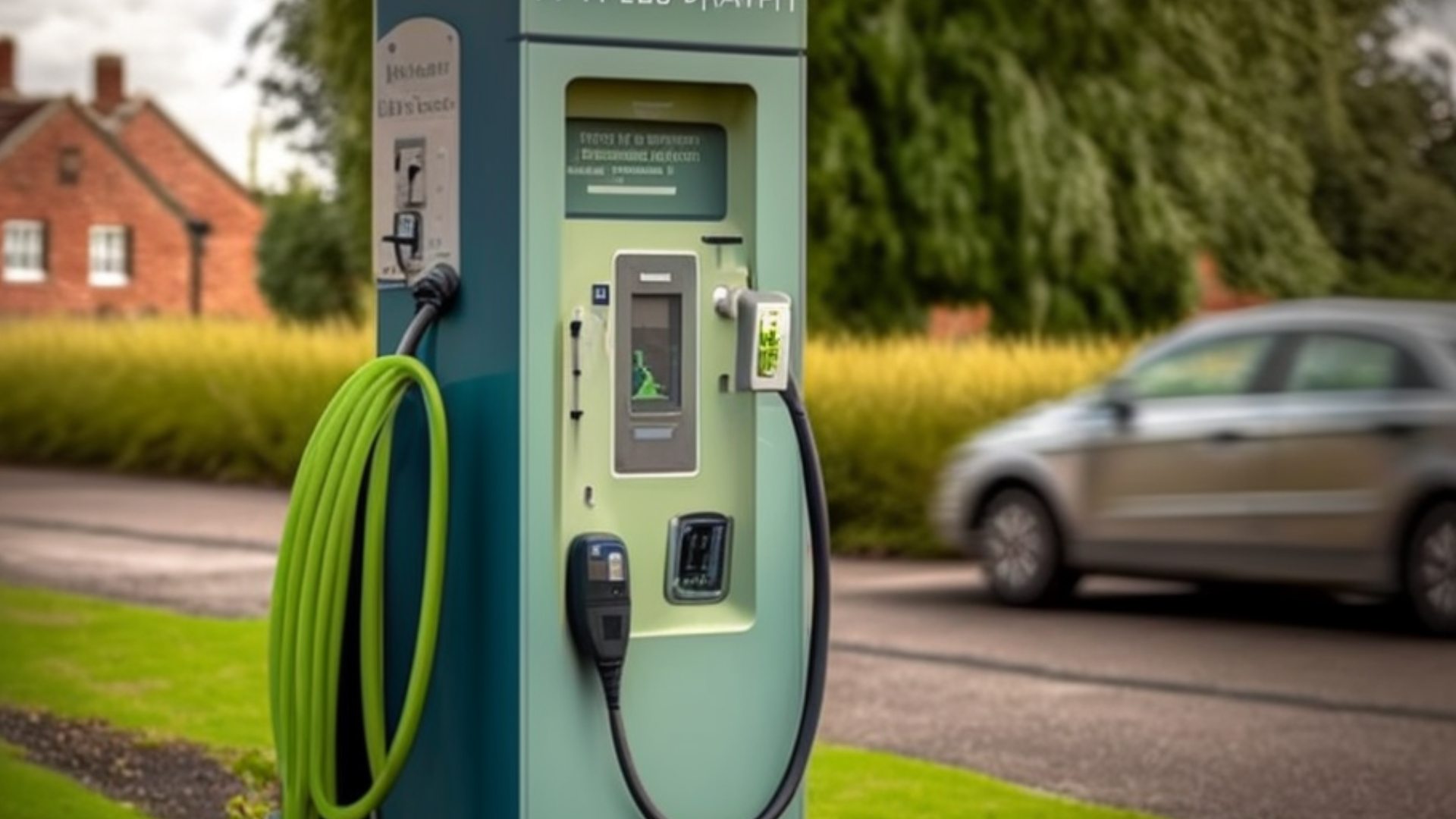Great news from the Department for Transport (DfT) announcing that thousands of new electric vehicle (EV) charge points are set to be installed across England.
A whopping £56m of public and industry investment is set to fund the creation of 2,400 new charging devices in a total of 16 council areas, including the likes of Lancashire, West Midlands and West Yorkshire. This latest phase of the Local Electric Vehicle Infrastructure (LEVI) scheme is set to give a real boost to charge point roll-out plans and will help support councils to work with private operators to install tens of thousands more charge points in the long term.
The lucky 16 council areas to have secured funding for the scheme are
- £8.5 million to West Midlands
- £7.4 million to Durham*
- £4.4 million to Barnet*
- £3.6 million to North Yorkshire*
- £3 million to West Yorkshire
- £2.9 million to West Sussex
- £2.5 million to Waltham Forest
- £2.3 million to Harborough
- £1.9 million to York
- £1.9 million to Cumbria
- £1.8 million to Hounslow
- £1.6 million to Norfolk
- £1.6 million to Oxfordshire
- £1.6 million to Rotherham
- £1 million to Warwickshire
- £1 million to Hackney
- £800,000 to Sunderland
- £600,000 to Lancashire
- £200,000 to Buckinghamshire
Transport Minister Jesse Norman stated the government’s commitment, that “will lead to thousands of new chargers being installed, and plans for tens of thousands extra in due course so that more people than ever can make the transition to using EVs.”
It’s about time we saw some more progress in the UK’s EV charging infrastructure, as fewer than 9,000 public EV charging devices were installed last year, causing concern that the infrastructure is not keeping up with growing demand. But with this new investment and the government’s commitment to the move to zero-emission vehicles. More than £2bn has been spent on support and with this additional investment, we’re set to see more positive change to help towards the banning of sales of petrol and diesel vehicles in the UK from 2030.
